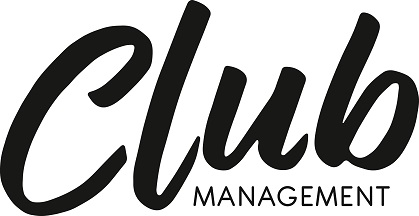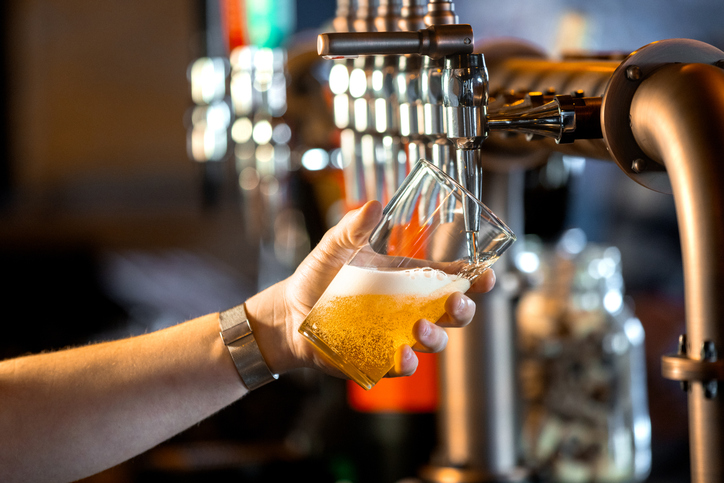In a step to protect hospitality staff and patrons and in an Australian first, the NSW government has mandated all staff and liquor licence holders to receive specialised sexual harassment and sexual violence prevention training.
The training has been introduced as part of an update to the state’s Responsible Service of Alcohol (RSA) training program and aims to enable hospitality staff to identify and respond to sexual harassment and sexual violence in licensed venues.
“Sexual harassment and sexual violence have no place in NSW and are completely unacceptable in our pubs, clubs, bars and restaurants,” Minister for Gaming and Racing David Harris said.
“That’s why it is so important that RSA courses now include training on how to prevent and respond to sexual harassment and violence and that this training is required to gain certification to serve or supply alcohol in NSW.
“These changes will give the more than 100,000 workers who complete a course each year the skills and confidence to recognise and respond to unacceptable behaviour and is a major step towards making venues safer for everyone.”
The new sexual harassment and sexual violence course material was developed by Liquor & Gaming NSW in partnership with Good Night Out, an international campaigning organisation focused on gender-based violence prevention in night-time economies.
Approved training providers must now deliver all RSA courses using the updated materials.
RSA training is mandatory for anyone who sells, serves or supplies alcohol in NSW. Certification is valid for five years and must be renewed to remain current.
According the government, the strengthened RSA module gives hospitality workers a clear understanding of the law, including the differences between sexual harassment, sexual assault and drink spiking.
Licensee training has also been updated to reflect employers’ obligations under the federal government’s Respect@Work legislation, which requires businesses to take proactive steps to prevent workplace sexual harassment, including providing relevant education and training for all employees.
The licensee training now references workplace safety requirements for prevention of sexual harassment in addition to guidance on patron safety requirements.

